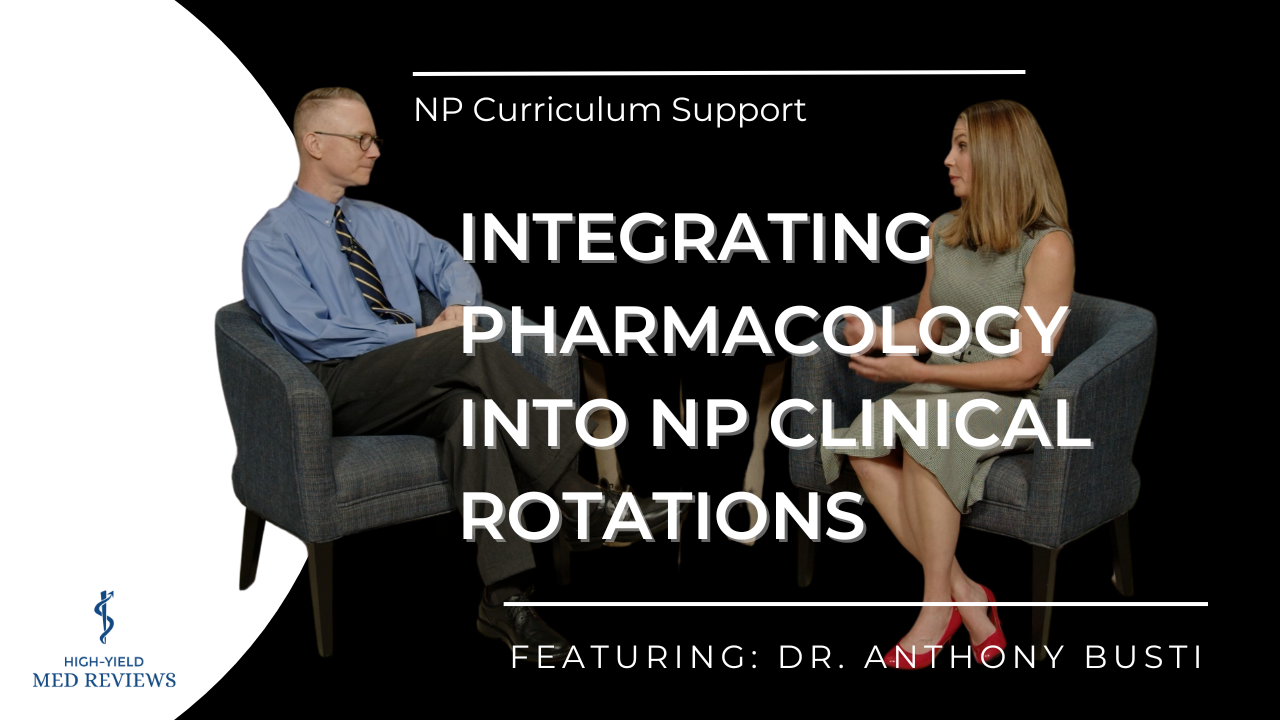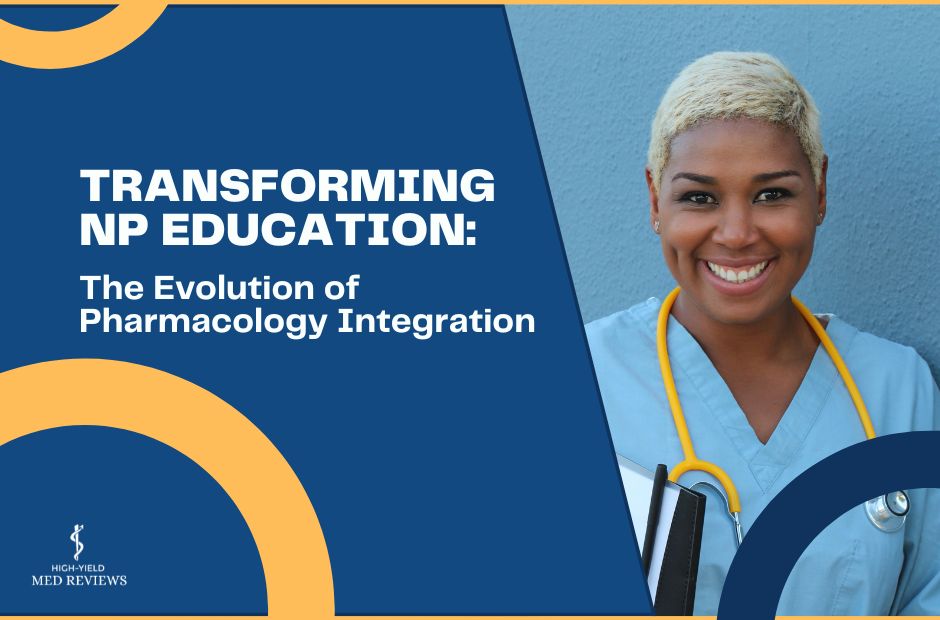Transforming Nurse Practitioner Education: The Evolution of Pharmacology Integration
In the ever-evolving landscape of healthcare, the education and training of nurse practitioners (NPs) are undergoing a significant transformation. The release of the new AACN Essentials signals a call for a fundamental shift in how advanced pharmacology is incorporated into NP programs. This change reflects a departure from traditional time-based or focus-centric approaches, urging educators to adopt a more longitudinal and integrated curriculum that aligns with the dynamic demands of modern healthcare practice.
The AACN Essentials mark the advent of competency-based education, emphasizing not only the acquisition of knowledge but, crucially, its practical application in real-world clinical settings. This paradigm shift necessitates a more profound integration of advanced pharmacology throughout the NP curriculum, emphasizing the importance of not just understanding the material but being able to effectively apply it in diverse patient care scenarios.
"This paradigm shift necessitates a more profound integration of advanced pharmacology throughout the NP curriculum, emphasizing the importance of not just understanding the material but being able to effectively apply it in diverse patient care scenarios."
The conventional educational model, where students passively absorb information, is deemed insufficient for preparing NPs for the complexities of modern healthcare. The realization has dawned that students should demonstrate true competency of knowledge achieved through a blend of didactic learning and hands-on clinical experience. It's no longer adequate for students to merely memorize drug names and mechanisms of action; they must comprehend how these pharmacological principles translate into informed and effective patient care decisions.
Standardizing Experiences Across Clinical Sites
One of the primary challenges facing NP programs is the variability in clinical experiences across different rotation sites.
Students at different clinical location sites may encounter:
- Distinct patient populations
- An abundance or absence of core disease states
- Differing treatment modalities
- Location specific preferences and systems
This variability can lead to inconsistencies in training and knowledge gaps, impacting the preparedness of graduates for real-world practice.
Integrated Clinical Rotation Support
To address these challenges, the integration of advanced pharmacology into clinical rotations becomes crucial. NP programs can implement structured rotation support. Rotation support involves the systematic review of topics and disease states relevant to pharmacology, with a focus on building upon the foundational knowledge acquired in the classroom.
Through rotation support, faculty can guide students in applying pharmacological principles to diverse patient cases, reinforcing their understanding and competency in pharmacotherapy. This longitudinal approach enables students to witness the progression of disease states over time, understand the rationale behind treatment decisions, and develop critical thinking skills essential for clinical practice.
"The integration of advanced pharmacology across NP programs represents a paradigm shift toward competency-based education."
Rotation support offers flexibility for both faculty and preceptors, enabling them to tailor the clinical experience to meet the specific learning needs of students. Whether through assigned readings, case studies, or supplementary lectures, rotation support ensures that students have access to the resources necessary to enhance their pharmacological knowledge and skills.
In essence, the integration of advanced pharmacology across NP programs represents a paradigm shift toward competency-based education. By adopting a longitudinal and integrated approach, NP programs can better equip students for the complexities of modern healthcare practice, instilling in them the knowledge, skills, and confidence needed to deliver high-quality patient care.
Embracing Change
As we embrace these changes, leveraging resources and support from industry partners can facilitate the effective integration of pharmacology into clinical education, empowering the next generation of nurse practitioners to meet the evolving demands of healthcare and make meaningful contributions to patient outcomes. A failure to do so could result in costly mistakes affecting patients' well-being, possibly even life-threatening mistakes.
High-Yield Med Reviews is committed to preparing nurse practitioners for excellence in clinical practice. Our Institutional Support team works closely with our university partners to ensure smooth and successful implementation. If you would like to learn more about our integrated approach to pharmacology, click here and request a call or free account.
WATCH NOW: Dr. Busti discusses integration implementation

Learn More About NP Institutional Resources
You may also like:
- NP Faculty Resources: Videos for Faculty
- Blog: What to Expect: The New AACN Essentials Roadmap
- Faculty Spotlight Blog: How We Improved Advanced Pharmacology Outcomes
- Blog: Why Flip the Classroom?




